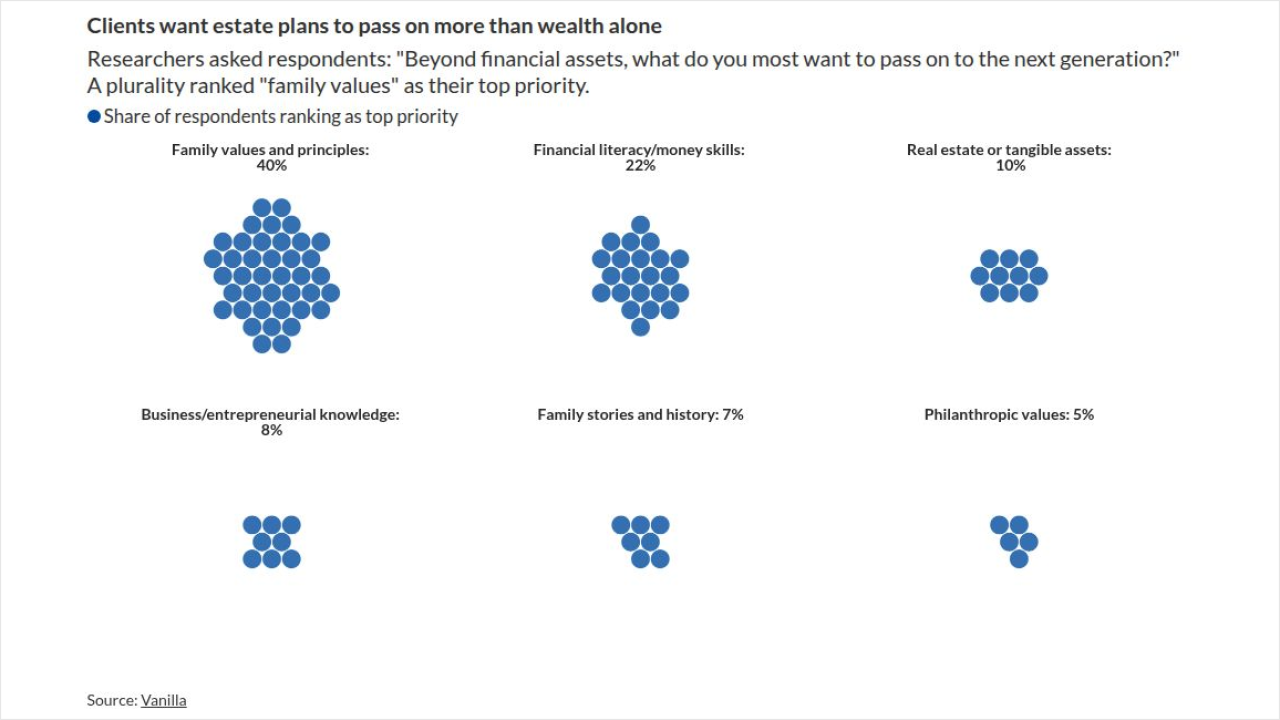PALM DESERT, Calif.-Modernizing fund rules, remembering fundamental basics of serving investors, keeping a watchful eye on globalization of the fund industry and facing risky practices head-on were key points of Andrew Donohue's keynote speech at the Investment Company Institute's "Mutual Funds and Investment Management Conference" here last week.
First, said the director of the Securities and Exchange Commission's division of investment management, regulations and rules need to be assessed and modernized. "We need to consider what rules might need a makeover and which ones still apply to the 21st century," Donohue said.
For example, the books and recordkeeping requirements can be confusing to investors and advisers, Donohue said. "In other cases, the requirements may be inadequate for the needs of our examiners," he added. "In all cases, today's issues with the books and records requirements stem in part from the fact that the requirements were primarily developed in the early 1960s when the world, especially from a technology perspective, was a very different place." At that time, there were fewer than 200 mutual funds with less than $20 billion in assets.
The rules are currently undergoing a significant overhaul, with SEC staff talking with chief compliance officers, compliance staff and back-office personnel in order to learn what may be more practical, effective and technologically advanced recordkeeping techniques.
While the initiative is critically important, Donohue said, "it is not an initiative that should be rushed." He anticipates the staff engaging in the issue for the remainder of the year.
Elisse Walter, senior executive vice president of regulatory policy and programs at the NASD, echoed Donohue's thoughts, saying that the NASD and the New York Stock Exchange, which are set to merge into a single self regulatory organization, are seeking to modernize the rule book and get rid of obsolete rules.
One Global Market
The industry also needs to recognize the globalization of the securities market, Donohue stressed. "It is abundantly clear that in the 21st century, U.S. markets are no longer financially isolated, if, indeed, they ever were," he said. "If we are to have an effective fund regulatory regime, that regime cannot be isolationist or U.S.-centric."
The U.S. can learn from international regulations as most rules outside our borders are more modern and may have a less disjointed foundation, Donohue said. "The foundation for the U.S. securities regulatory regime is the four principal securities statutes enacted between 1933 and 1940," he said. "And, of course, there are separate laws for banks, insurance companies and the rest of the financial sector."
As modernizing and focusing internationally is important, so, too, is remembering the basics, Donohue said. The most fundamental principle to remember is that fund advisors are fiduciaries, and investors' best interest always comes first.
"If this fundamental principle is embedded in your culture and drives your actions, you will be highly respected, both by fund investors and fund regulators," he said.
The industry also has to confront its fears, he noted. He stated the number one question he is asked in his new position is what does he worry about. While several issues come to mind, Donohue noted that he is not crafting a regulatory proposal to address each one.
One issue that Donohue worries about is 12b-1 fees. The SEC is currently evaluating the rule and the factors that fund boards must consider when approving or renewing 12b-1 fees.
"This is now a high priority for the division this year," he said.
The fund industry was in a very different state when the rule was adopted in 1980 in order to allow it to use the fees for advertising and marketing to attract assets.
Since then, mutual funds have continued to grow in popularity and are held by a majority of Americans, and 12b-1 fees have shifted to being used as a substitute for sales loads, Donohue noted.
Another concern of Donohue's is the proliferation of certain yield-based investment products. This is of particular concern now, he said, as 77 million Baby Boomers approach the distribution phase, as opposed to the wealth accumulation phase, of their investment cycles.
The demographics of America are changing due to the aging of America, echo-Boomers and inexperienced investors, especially immigrants and women, Walter said. The financial services industry has a very important job to help people manage their money, understand products and guide them, she said.
Donohue said he hopes the industry will be responsible as it develops products to meet the needs of investors during the distribution phase of retirement. Many older Americans at the retirement stage of their lives are investing in funds based principally on the yield those funds may provide.
Fund companies and those who sell fund shares must be clear on how yields are created and address the risks that may be associated with a fund's yield-generating techniques. "Ill-designed funds can have a devastating effect on senior citizen investors," Donohue said.
Lastly, Donohue stated his concern for increased use of derivatives by funds and sophisticated financial instruments. It is crucial that a fund's operations, legal, compliance and accounting teams all understand how derivatives function in a portfolio, he said.
Additionally, Donohue has concerns that firms' compliance systems may not be equipped to effectively handle synthetic instruments. Most of the instruments emanate from the sell-side, which has the systems to manage them and the experience to better deal with their risks, pricing and volatility, he said. Mutual funds are often newcomers to the area, and "should do a lot of work upfront before [they] wade into uncharted territory."
(c) 2007 Money Management Executive and SourceMedia, Inc. All Rights Reserved.
http://www.mmexecutive.com http://www.sourcemedia.com





